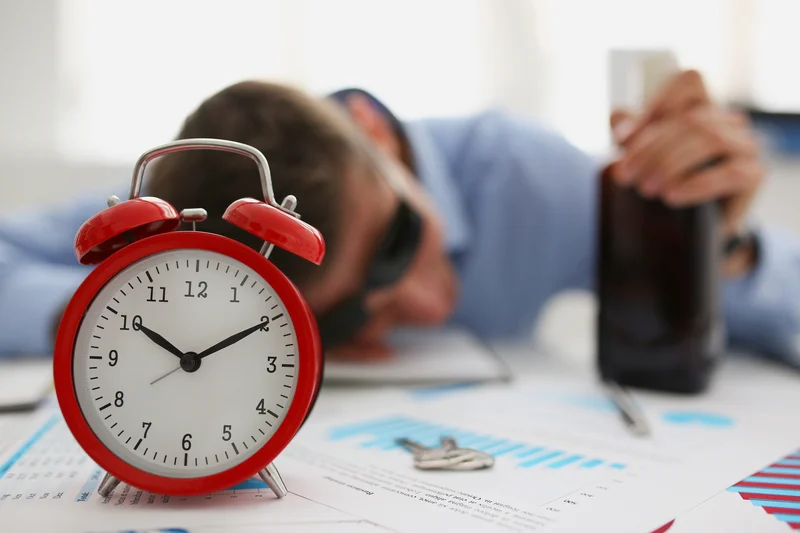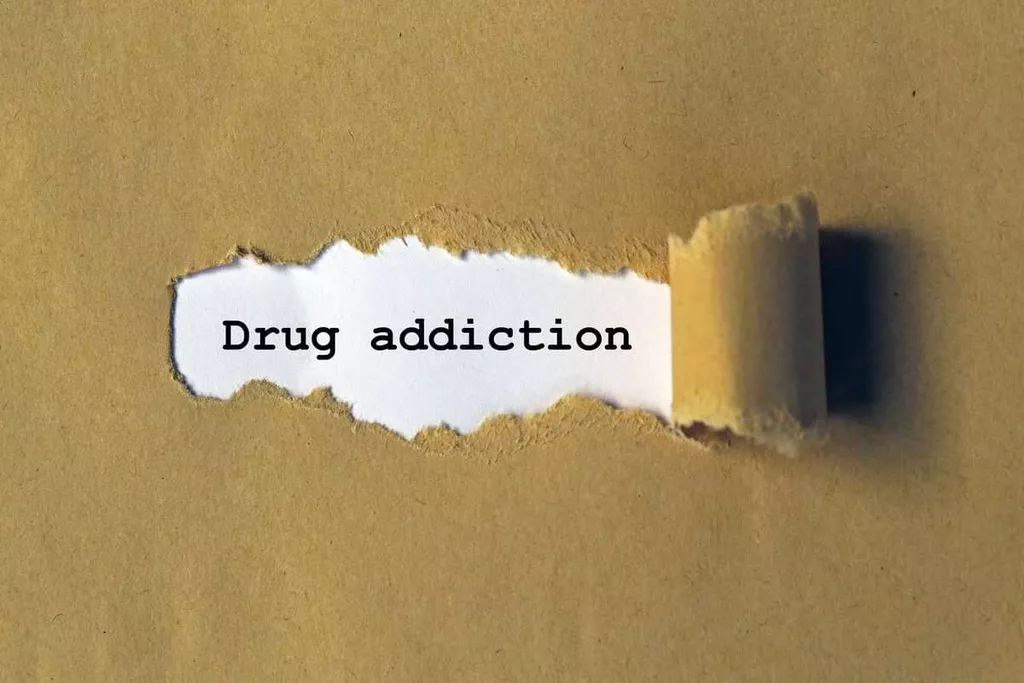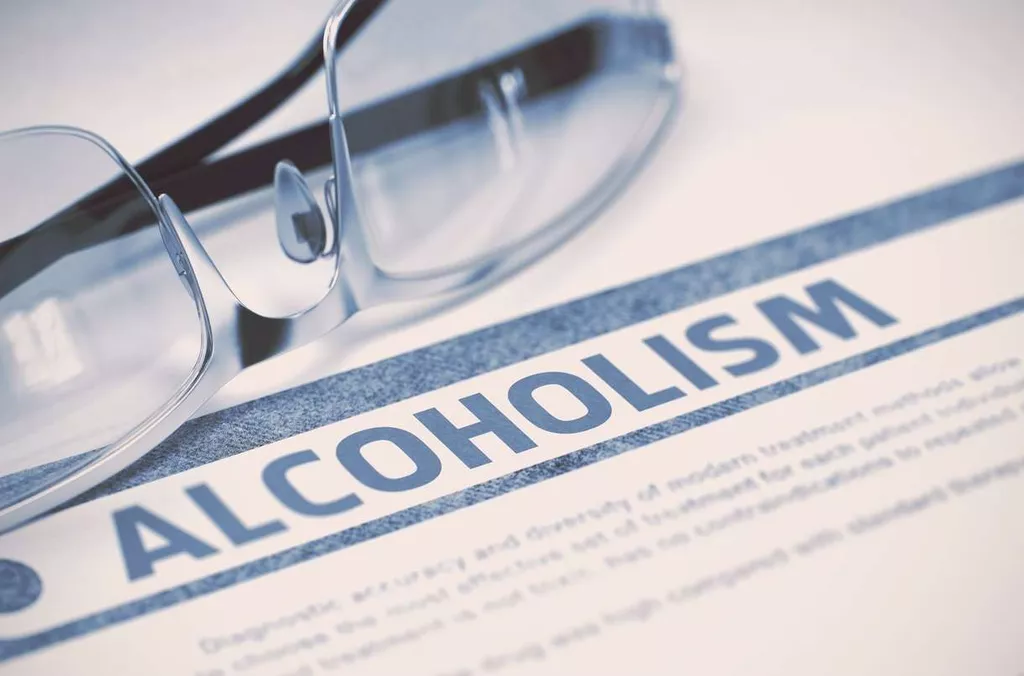
In 2018, the Farm Bill made hemp legal in the United States, making it virtually impossible to keep CBD illegal — that would be like making oranges legal, but keeping orange juice illegal. Research indicates that CBD is generally well-tolerated up to doses of around 600 mg and as high as 1500 mg. However, it can often be difficult to determine how much CBD you are actually taking. However, research has found that 70% of CBD products contain significantly more THC than their labels suggest. Drug addiction is defined as a compulsive need to use a substance and an inability to stop using it despite negative consequences.
- In a 2022 clinical trial, 14 people with anxiety were given high levels of CBD under the tongue, for four weeks, three times per day.
- This is likely due to the different mechanisms in the brain that are impacted by cannabinoid use and how the body processes these specific compounds.
- All form submissions are 100% confidential and your policy could cover the complete cost of treatment.
Is Cannabidiol Addictive – Understanding CBD’s Impact on Health

Opioid peptides do not directly affect dopaminergic neurons function in the VTA but inhibit gamma-aminobutyric acid (GABAergic) interneurons that innervate VTA dopaminergic neurons in the mesolimbic system (Johnson and North, 1992). Some drugs of abuse (e.g., alcohol, cannabis) stimulate the release of endogenous opioids leading to a MOR-mediated increase of DA release in the NAcc (Tanda and Di Chiara, 1998). It is important to remember that CBD is not regulated by the FDA, so it is important to purchase products from reputable sources. Additionally, there is a potential for drug interactions, so is cannabidiol addictive it is important to check with your doctor before starting CBD if you are taking any medications.
- There is mounting evidence that the endogenous cannabinoid (eCB) system is involved in motivation for rewards, including modulating the rewarding effects of drugs 10, 11, 12, 13, 14, 15.
- Therefore, the versatile pharmacological profile and safety of CBD support its therapeutic potential in the management of SUD.
- Marijuana-derived CBD, on the other hand, is legal only in certain states.
- One interaction between drug and time was found for ‘headache’, but no significant pairwise comparisons emerged.
- A synergic effect was revealed when CBD was combined to THC, which reduced the abstinence score to a greater extent than THC alone.
Quitting smoking and drug withdrawal

This means that taking CBD may lead to accidental exposure to THC, which could potentially lead to addiction if taken in sufficient amounts. Check your state laws to ensure that these products are legal where you live. Federal law mandates that hemp-derived CBD products should contain less than 0.3% THC, but even those trace amounts are still illegal in some states. While some early research suggests that CBD may have the potential for alleviating the symptoms of some conditions, a 2019 review of the existing research concluded that more research is needed to demonstrate these benefits. Neurotransmitters are chemical messengers that relay signals between nerve cells in the body.
Participants

CBD can also interact with other medications you’re taking, such as blood thinners. CBD doesn’t contain tetrahydrocannabinol (THC), the psychoactive ingredient https://ecosoberhouse.com/article/alcoholism-statistics-you-need-to-know/ found in marijuana that produces a high. The usual CBD formulation is oil, but CBD is also sold as an extract, a vaporized liquid and an oil-based capsule. Food, drinks and beauty products are among the many CBD-infused products available online. Additionally, high-quality CBD products undergo third-party testing to verify their THC levels and ensure they meet federal law requirements.
- Also, depending on the amount used and route of administration, these products have the potential to produce impairing drug effects.
- Moreover, CBD’s influence on the rewarding characteristic of morphine in the CPP paradigm has also been evaluated.
- Whichever the case may be, research suggests CBD helps increase sleep quality.
- CBD (10 mg/kg) pretreatment effectively prevented opioid reward in mice (Markos et al., 2018) (Table 1).
- CBD doesn’t have an affinity to bind to these receptors to exert its effects.
Consider reaching out to your doctor or a mental health professional who could provide more information and help you decide if CBD could be the right choice for your health. While CBD is not known to be addictive, everyone has a different reaction. If you know you struggle with addiction, you may want to be mindful about your CBD use or not use it at all. Speaking with a doctor or mental health professional is always a good option if you’re not sure something is right for you, especially when it comes to CBD. CUD has been specifically tied to THC, so there’s no reason to believe CBD use could lead to this disorder.
While marijuana use can lead to dependence, the current research suggests that drug addiction cannabidiol is not addictive. A 2017 study published in the Journal of Drug and Alcohol Dependence indicated that CBD has the same potential for dependence as a placebo pill. The individuals receiving the non-psychoactive cannabinoid CBD medication reported less craving after being exposed to drug cues compared with individuals receiving placebo.
- Although no method of transmission over the internet or electronic storage is 100% secure, we follow all PCI-DSS requirements and implement additional industry standards that are commonly accepted.
- Carry‐over effects were assessed using an additional between‐subjects factor of ‘order’.
- People taking high doses of CBD may show abnormalities in liver-related blood tests.
- Given that attentional bias may predict smoking cessation outcomes 30, CBD may be useful in aiding early abstinence by reducing the salience of drug‐related cues.
- Conversely, SB did not reduce cocaine SA, suggesting that TRPV1 activity is not necessary for the reward response but is involved in the mechanisms underlying cocaine relapse (Adamczyk et al., 2012).
